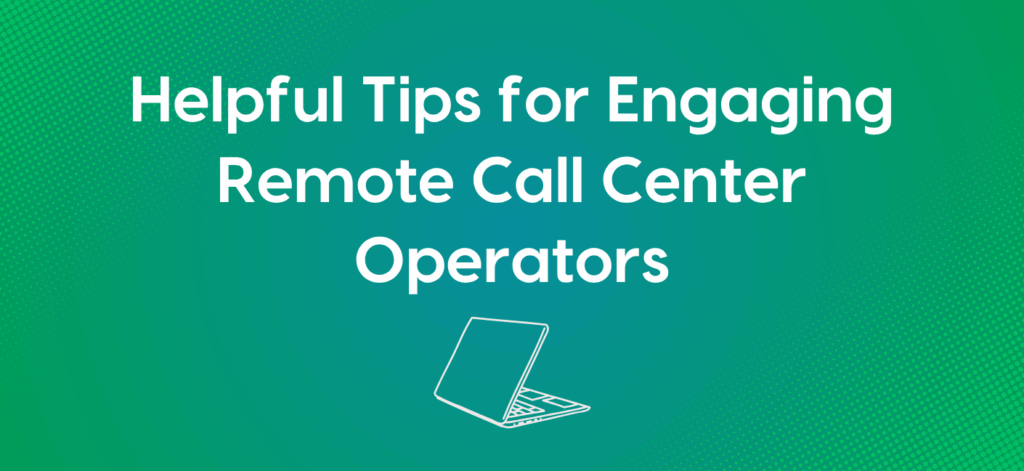There have been many advances in communications technology in the last decade that are responsible for many changes in the telemessaging industry. These advances have allowed call centers to use remote agents and to downsize pricey office space. Some call centers are now 100 percent virtual.
Technology now makes it possible for call centers to operate Direct Inward Dialing (DID) numbers from all over the US and Canada, allowing them to compete nationally and internationally. DIDs are virtual phone numbers that enable call routing to your existing phone lines, so employees or operators can have a direct number without needing a multitude of actual phone lines. These same changes enable telemessaging vendors to offer fully hosted solutions, along with off-site back-up and co-location solutions to their customers.
Calls centers need to actively evaluate advancements in technology and adjust their practices to find the best way to provide reliable communications and reduce their costs. Here are some questions hospital call centers should consider before choosing a hosted service provider:
Is a fully hosted solution a good fit for your organization?
With a fully hosted call center, you can provide service without purchasing a system. Phone calls arrive at the switch, agents process the calls, and messages are delivered as needed. At the end of the month, your billing application prints the invoices if you need to bill doctors or departments. This sounds so simple and ideal, but to get to this point can take some major effort.
A fully hosted solution can reduce the responsibilities of the call center, not having to maintain or worry about the software and hardware. But this reduced responsibility comes at a cost.
In most cases, a fully hosted solution will have a higher Total Cost of Ownership than a purchased solution. There is also the intangible cost of less control over your call center. While there are no more urgent trips to the office to fix system problems, you are now reliant on the sense of urgency of others, who may want to solve problems by pointing fingers at yet other vendors.
You need to find a hosted solution provider who will be a good business partner, one who is willing to work with you to address your customers’ needs. With this model, your business continuity plan is a joint venture between you and your hosting provider.
Also, your call center likely has medical accounts that contain Patient Health Information (PHI), you will need to have in place proper agreements with your hosting provider to protect this federally mandated confidential information.
Choosing an off-site or hosted back-up solution for your hospital
Depending on how you structure your hosted solution, there can be lots of ways to lower the total cost. Hospital call centers may have fewer expensive technical staff to support the system, but you must realize that lots of technical support for on-premises workstations, phone lines and Internet connectivity is still needed with a hosted solution.
Before signing a hosted solution contract, every piece of hardware the call centers data will touch should be identified. All hardware that is not redundant or shared should be identified along with all hardware dedicated to your solution. If the solution has non-redundant or shared hardware, this could have an impact on the quality of service the call center can provide.
Likewise, every circuit that data travels over needs to be identified. All phone lines should travel on Synchronous Optical Networking (SONET) rings, and all Internet connections should use Border Gateway Protocol (BGP) to freely access multiple Internet providers. Phone calls should only travel on the PSTN or on an MPLS network, and never over the Internet. All service risks need to be identified before a contract is signed.
Lastly, and most importantly, check resources before signing any agreement. A good reference check will contain questions that address level of service, technical support responses and interactions with the hosting facility’s billing department.
Is an off-site or hosted back-up solution a good fit for your organization?
For hospital call centers that are happy with their on-premise solutions, there are still lots of ways advances in technology can improve the reliability of your call center and potentially reduce expenses.
Many call centers now offer nationwide service. And customers expect all calls to be answered. They are less tolerant of unanswered calls caused by a local disaster. By creating an off-site back-up system in a geographically diverse location, hospital call centers can protect themselves from these unforeseen occurrences, thus preventing a situation in which a call center can’t take calls for hours or days.
Call centers with multiple locations are easily able to create off-site backup solutions at their other offices. For single-location call centers, it is more challenging. Consider a partnership with another trusted call center, creating a situation in which both call centers can provide service in times of emergency.
Another solution is to contact your switch vendor about hosted back-up solutions. Vendors that have infrastructure in place for their own systems could also host or co-locate a back-up solution.
When creating an off-site back-up solution, you need to coordinate with your telephony provider. Many providers have options to forward calls to another number in the event of a service outage, and SIP providers can forward telephone calls to another IP address on an MPLS network, and in some instances, to an IP address.
The challenge with off-site back-up solutions is finding the best solution to protect your organization’s needs while keeping the costs in check.
Is a co-located call center a good fit for your hospital?
Another option to investigate is co-locating your system at a data center. This will improve the reliability of your telephone and Internet connectivity and your electrical power.
When using a telephony solution at a data center, be certain your telephony provider delivers a “Meet Me” telephone line. The “Meet Me” line is terminated at the phone company Central Office and the data center provides the information to connect the phone line to its SONET ring. The data center then runs the phone connection into your rack.
The biggest challenge in co-locating your data center is finding the right partner data center. Data centers come in all shapes, sizes and price ranges. Also, when looking at co-locating your system, check with your system provider. Call center solution providers that offer hosted solutions will have the resources to co-locate your hardware and to fully support your system.
Bill Curtin, IV is the CIO for Amtelco and manages the data centers Amtelco uses to provide customer solutions.





